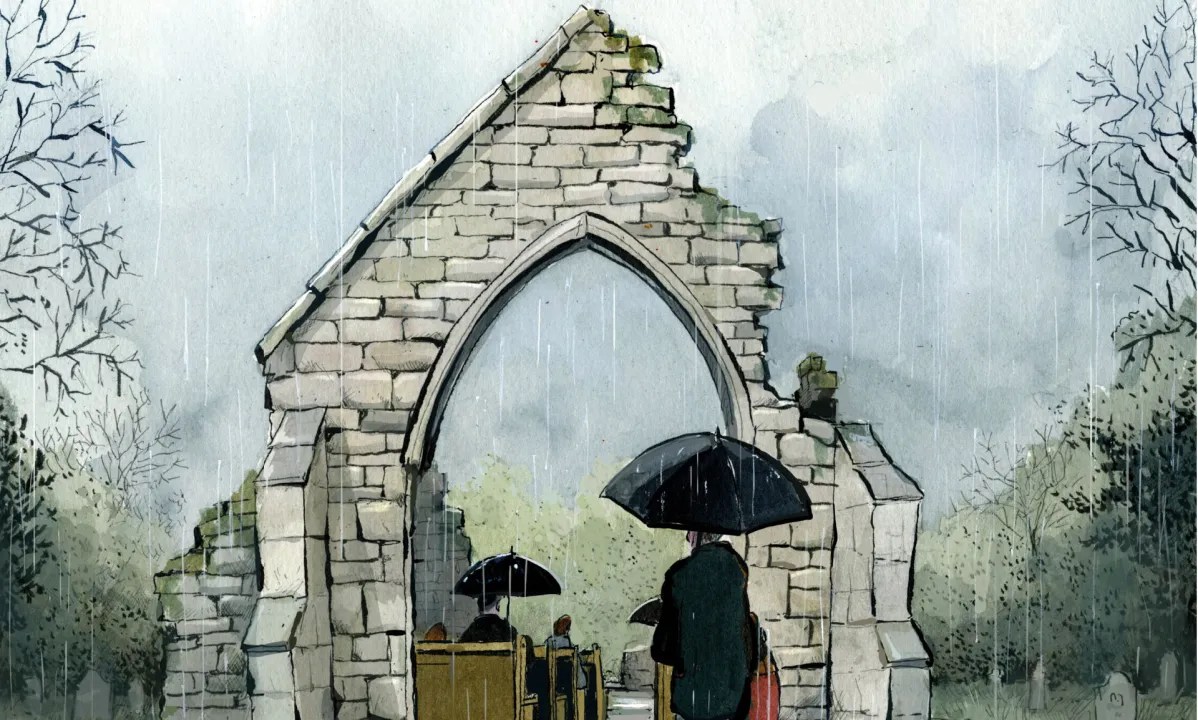The John Smyth affair in the Church of England has already claimed the scalp of Archbishop of Canterbury Justin Welby and may yet engulf Stephen Cottrell in York. Earlier this week, it became clear that its reverberations will go much further.
The Church has applied to arraign ten other clergy, including an ex-Bishop of Durham, under the Clergy Discipline Measure. It alleges that they knew or ought to have known about Smyth’s proclivity for brutally flagellating young men, indulged first at an evangelical camp at Iwerne Minster in Dorset and later in southern Africa after he was packed off there in 1984, and that they could have taken steps to stop him. If upheld, the proceedings could lead to their being banned from priestly functions for life.
If we now penalise holy foolishness, we shall get a joyless and unspiritual church
Many welcome this as a belated acceptance by the Church of its need to take safeguarding seriously. Certainly, no decent person can avoid immense sympathy for Smyth’s victims, who suffered very badly indeed. But we still need to think carefully. However well-intentioned this latest move, there is more than a lingering suspicion that it is in large measure less an exercise in wholesome discipline than an exercise in reputation management. This may seem a heartless suggestion: but read on.
For one thing, no one is suggesting that any of these churchpeople deliberately helped or encouraged Smyth’s depravity: instead, the story is one of peripheral involvement coupled with omission to act. With some it is said that, though informed of Smyth’s activities at Iwerne Minster many years later in the 2010s, they did not immediately raise a hue and cry; with others, that they had failed to report having been told by victims or others about what Smyth had been doing. Other allegations include having read or heard reports of Smyth’s activities but done nothing, whether through pressing other concerns and believing that it was best to let sleeping dogs lie, or having helped fund Smyth in exile without asking awkward questions about his past.
Put at its worst, this is a narrative of negligence and naïveté, often committed at a time when safeguarding was not seen as being as important as it is now. There must be strong doubts whether this justifies the relentless pursuit today of numerous Anglican clergy, predominantly elderly and many retired. And the pursuit is notably relentless. Normally the church has to bring complaints under the Clergy Discipline Measure within one year: but it is now arguing that this matter is so serious that this bar ought to be set aside.
It’s not even as if there was an enormously close connection between Smyth’s activities and the official Church of England to which these clergy belong. True, the pervert Smyth was a fierce, muscular evangelical; true too that he was a lay reader in his church in Winchester. But the link went little further. He was never in holy orders; he was never employed by the Church; and the Iwerne camps where he committed his depravities were not a Church of England foundation. Do Anglican clergy really deserve severe censure for failure many years ago to notice and stop the activities of a church hanger-on invoking a crackpot view of religion as a reason for abuse in a non-church setting?
For that matter, let us suppose these proceedings succeed and these accused are unfrocked. It is a little difficult to see what good this will do. It is fair to say that none of them (with one exception all are over 60, and one is over 80) are likely to represent the slightest danger to anyone by taking services. The only effect would seem to be that, in a church already desperately short of clergy, yet more congregations will be deprived of anyone to minister to their needs.
Looked at in this light, these latest proceedings indeed look more like a belated effort by the Church of England hierarchy to demonstrate its commitment to the values of safeguarding and deflect the criticism directed at it: in short, to be seen to be doing something in order to improve the optics.
This should concern anyone with regard for the Anglican church. Not only does it seem unfair to throw the book at clergy for what is at worst administrative incompetence and failure, often inspired by other-worldliness or a feeling of decency. More seriously, it sends a message that what matters more than anything else today is for priests to be faithful in following process and obeying management procedures.
Do we want this? I doubt it. The joy of the Anglican church was once its priests’ spirituality and, yes, at times other-worldliness. If we now penalise holy foolishness, we shall get a joyless and unspiritual church, even more so that the one we have. However much sympathy we may have for John Smyth’s victims, this is not the way we should be showing it.







Comments